
Review in The New York Times:
The character of Amina is not to be included among Mme. Sembrich’s happiest efforts, and the effectiveness of “La Sonnambula’ is so largely dependent upon the efficiency of its heroine that a prima donna who fails to fulfill every expectation more than counterbalances the good influence of an otherwise perfect cast. Had the habitual opera-goer been less familiar than he is with a long army of admirable Aminas, Mme. Sembrich’s work would stand higher in his estimation. Fortunately or unfortunately – for Dante has just remarked that no grief is greater than the remembrance of happy days in days of woe – local audiences have been made acquainted with a great many singers whose personality or talent have endowed their portrayals of Elvino’s bride with a charm and an impressiveness in which Mme. Sembrich’s delineation is wanting. For the perfect interpretation of Bellini’s sweet and plaintive music one of two requisites is essential. The singer must possess a voice of markedly sympathetic quality, or he (or she) must have that absolute mastery of the art of song which, concealing all art, produces by gradations of tone and accent effects unattainable save by organs of marvelous natural beauty. Mme. Sembrich, who is still at the outset of what promises to be a most prosperous career, has still much to learn before she can rank with the great prima donnas of the world. Her intonation is correct, her phrasing tasteful, her execution of florid passages extremely fluent. But there is no light and shade in her song; tone flows from her lips as from a fine instrument controlled by mechanism rather than by a human mouth and fingers. Nor is her voice well suited to music of the Bellinian school. It is a powerful and vibrant voice, ranging to exceptional heights, and wonderfully flexible, but is neither mellow nor crystalline, nor is it tinged with anything that suggests sentiment or pathos. With the added observation that Mme. Sembrich is an intelligent, but, as yet, little more than a conventional, actress, a pretty exact idea may be formed of her performance of Amina, both last evening and of previous occasions. In the allegro following her “aria d’entrata” she awoke the audience to genuine enthusiasm, and in the final rondo, “Ah! Non giunge,” her rapid and extraordinarily brilliant delivery of the measure in which the original theme of the movement is varied and carried to E flat in altissimo, called forth a loud and unanimous demonstration of delight. The simple beauty and feeling of “Ah! Non credea” was, however, quite beyond Mme. Sembrich’s powers; in the scenes with Elvino she acquitted herself creditably of her share of the work.
On this day in 1960 Georg Solti made his Metropolitan Opera debut conducting Tannhäuser. Baritone Hermann Prey also made his Met debut as Wolfram.
Birthday anniversaries of composers Domenico Cimarosa (1749) and Dmitry Borisovich Kabalevsky (1904); tenor Seth McCoy (1928).
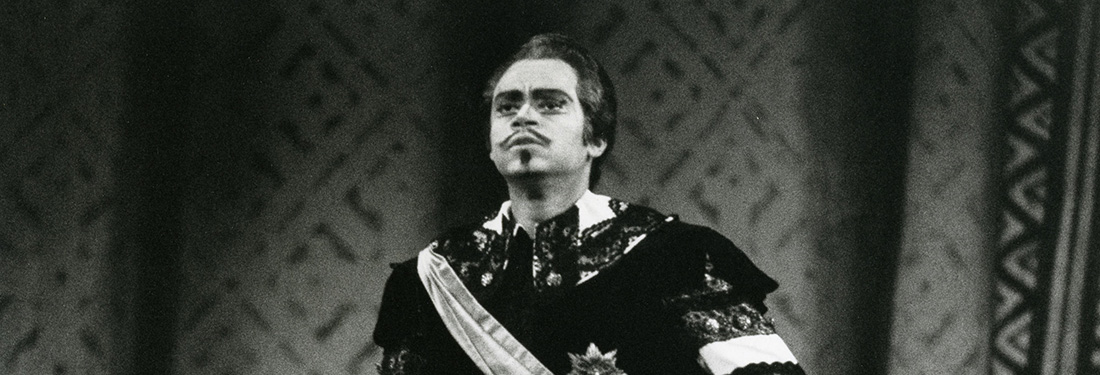
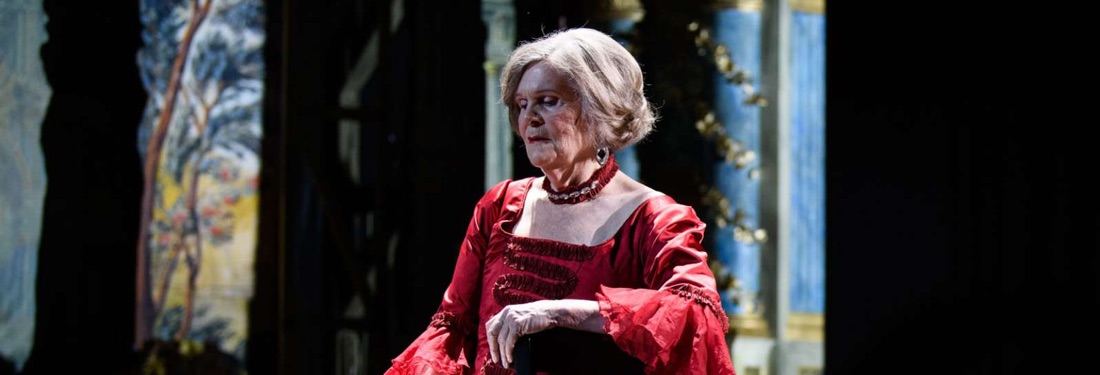


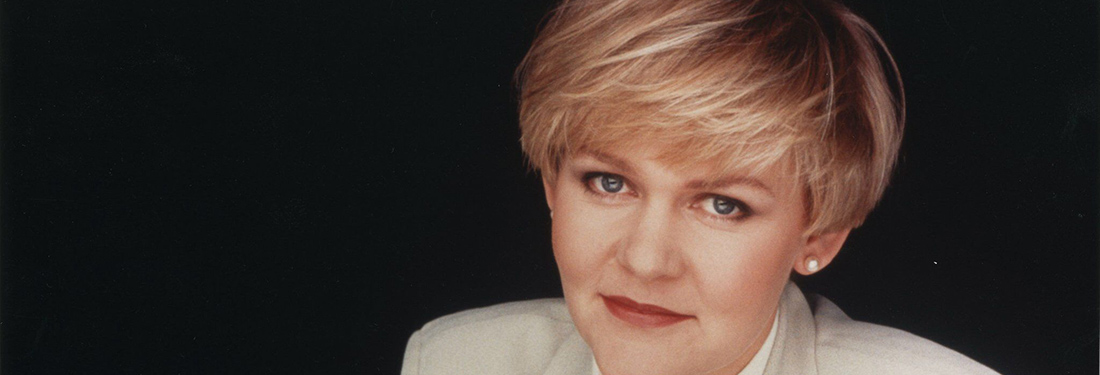
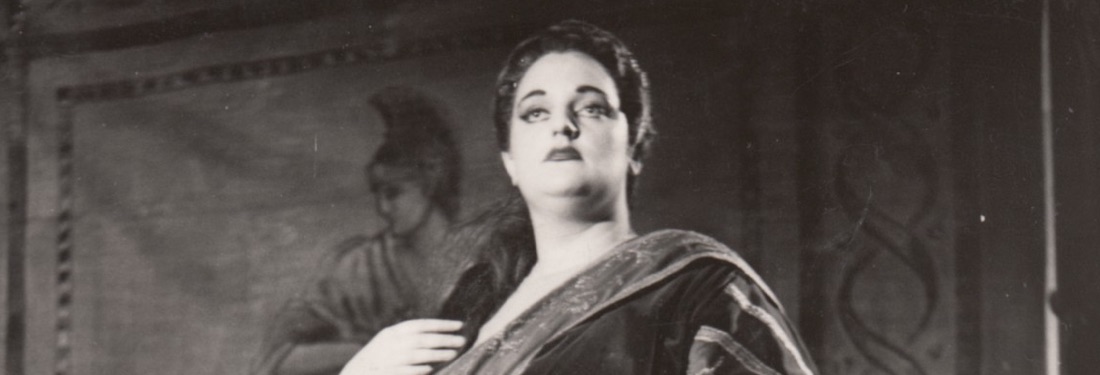

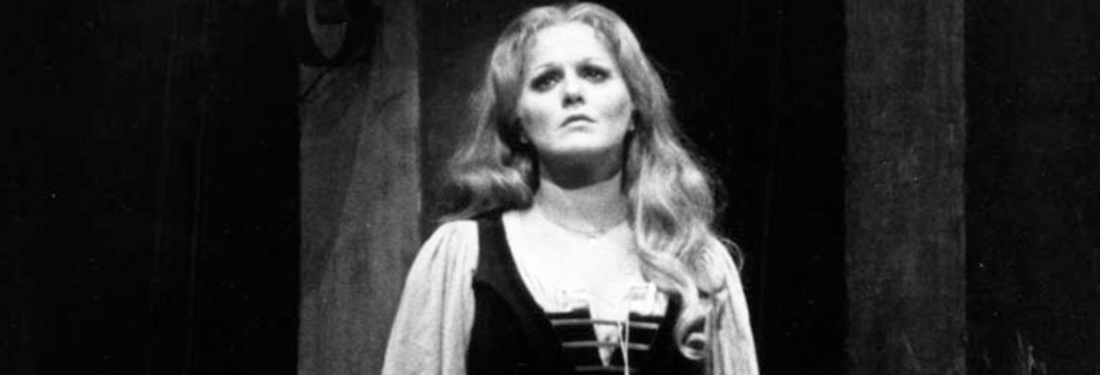
















Comments